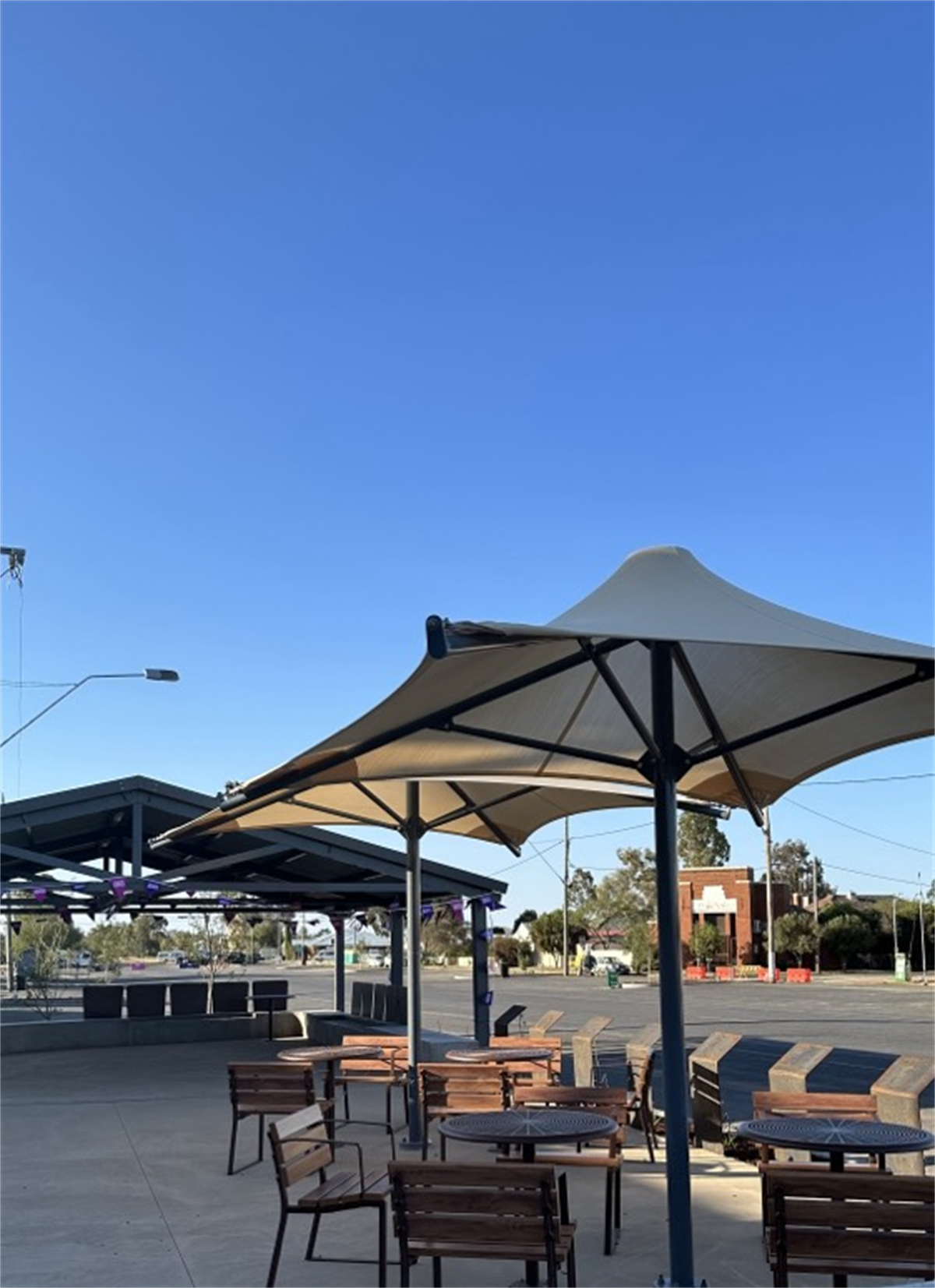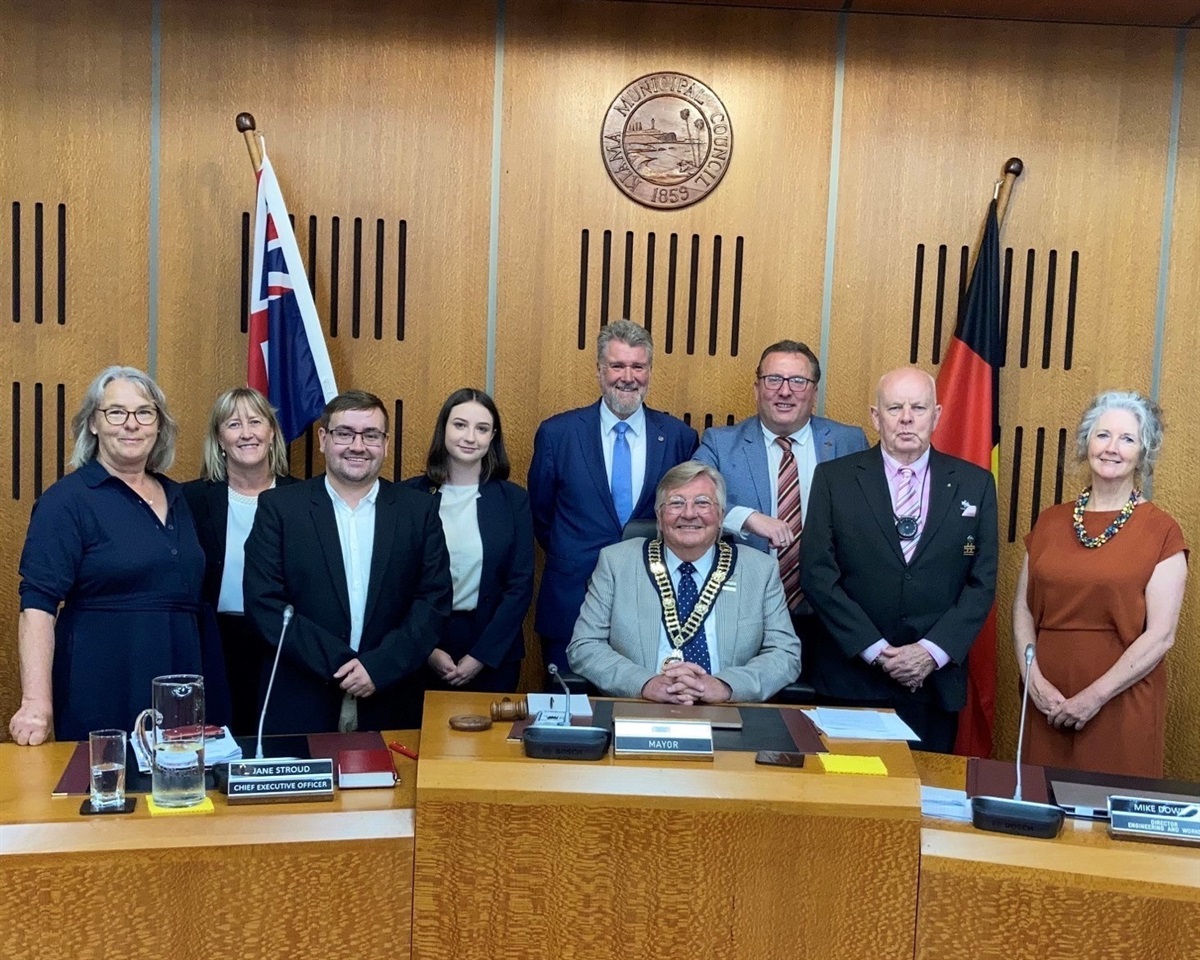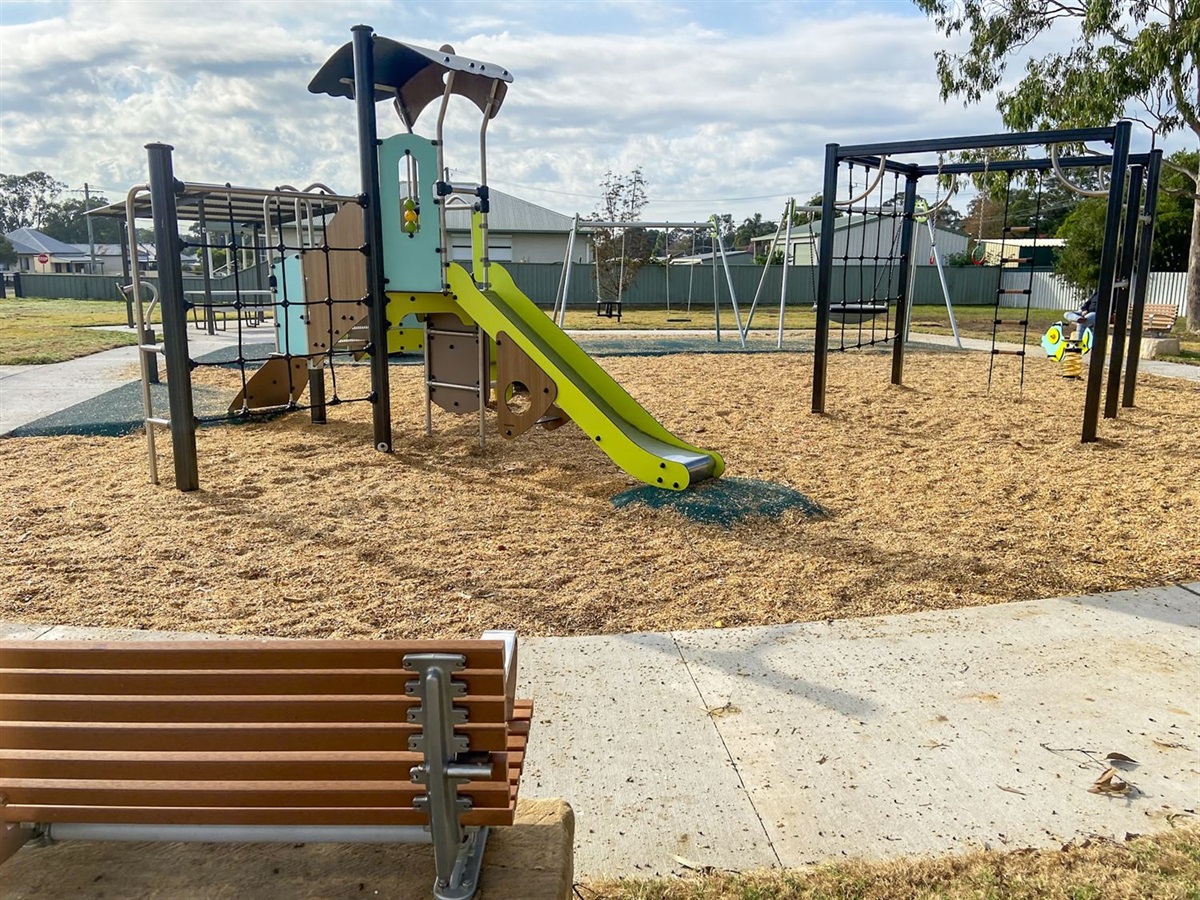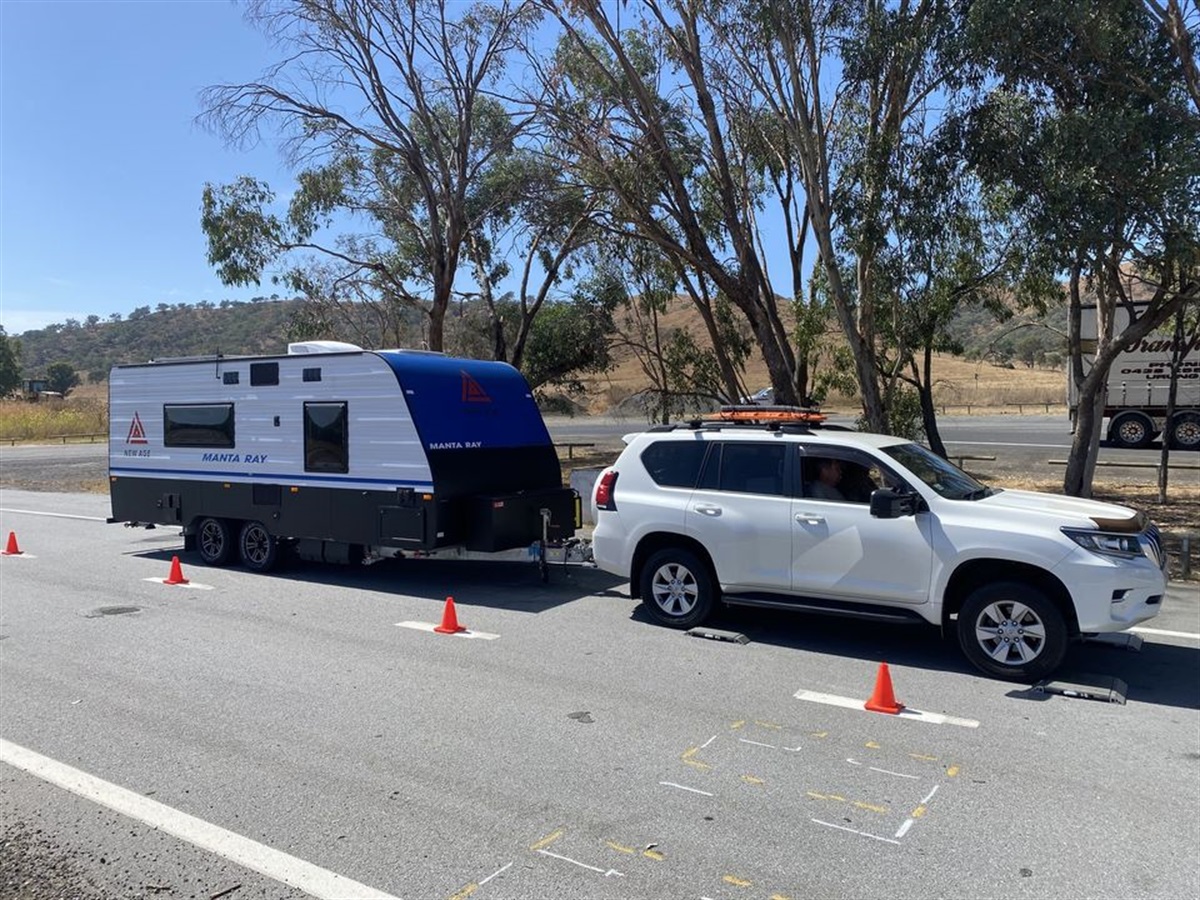By Kalli Spencer
Numerous hypotheses have been tested to find the cause of prostate cancer. An abundance of research has focused on various nutrients and diets as a potential risk factor. This blog will provide a brief update on contemporary research findings, will touch on the concept of prehabilitation and conclude with integrative clinical models to improve diet and nutrition for patients on various stages of their cancer journey.
Animal studies have shown that certain nutrients, including fat, protein, carbohydrates, vitamins, and polyphenols lead to the formation or prevention of cancer through a variety of pathways related to the effects of antioxidants, inflammation, and sex hormones. Contradictory study results have made it increasingly difficulty to ascertain which nutrients result in prostate cancer or allow it to grow and spread. It may be due to the weak effect of a single nutrient or an interaction between different nutrients. A diet rich in saturated fat (animal meat and butter) is thought to increase local androgens (testosterone) and trigger other immune mechanism (e.g., macrophage infiltration, GF-I signalling pathways). Obesity may be an independent predictor of prostate cancer and may also result in progression to advanced cancer. High calorie diets can cause chronic systemic inflammation and trigger cancer growth through immune system-related mechanisms. Several studies have shown that protein intake has not been linked to prostate cancer whilst carbohydrates may increase risk. Certain vitamins have shown a decrease in risk such as lycopene (Vitamin A) found in the skin of tomatoes which has an antioxidative effect and decreases androgen metabolism. Calcitriol or the active form of Vitamin D (found in dairy products, fish, mushrooms) reduces risk by promoting immune cell differentiation. The benefits of Vitamin E are still debatable but may include antioxidative and anti-inflammatory effects. Polyphenols such as catechin found in green tea is thought to decrease risk through the IGF-I signalling pathway and COX-2 mediated anti-inflammatory effects. These studies have been done with participants from differing dietary backgrounds. There is a need to therefore investigate dietary patterns focusing on the summative effect of nutrient intake from similar origins. Some researchers believe a “Western pattern” rich in dairy products, meat, potatoes may increase risk compared to a “Prudent pattern” (fruit and vegetables, legumes and fish) which lessens the risk. This healthier dietary pattern (e.g., lots of vegetables with reduced meat intake) is thought to help prevent prostate cancer and lifestyle-related illnesses; however, there is not enough reliable substantive evidence.
Another research area is the effect of gut microbiota diversity on nutrition and diet. There is thought to be an interaction between gut microbiota and nutrients, where nutrients alter the composition of the gut microbiota, affecting metabolic pathways and/or nutrient absorption. The authors from a Japanese study have proposed the concept of a “microbiota-gut-prostate axis” where although the prostate is not directly affected by gut bacteria it could be affected indirectly through cytokines and immune cells modified by said bacteria and absorbed through the intestine into the systemic circulation to reach the prostate1. The authors also speculate environmental factors may play a role as Japanese people who have emigrated have an increased incidence of prostate cancer relative to Japanese residents in Japan.
Results from the MARTINI lifestyle cohort show that adherence to a dedicated intervention program prior to a radical prostatectomy is low with none of the participants reaching all goals2. Through use of a validated questionnaire used for the European Prospective Investigation into Cancer and Nutrition (EPIC) study it was found that 75.4% of all participants didn’t meet the recommended intake of meat, 88.8% reported a low consumption of fruit and vegetables, and 86% did not achieve the recommended fibre intake. The correct diet and adequate nutrition are important during prehabilitation which is “a process of physical and psychological assessments done to establish baseline functioning and identify impairments that can impact on cancer treatment, related morbidity, and providing targeted interventions to optimise overall wellbeing prior to treatment”. This allows for faster recovery time and overall wellbeing after treatment. Diet modification has been proven to reduce the bowel side effects of prostate cancer treatment, maintain appropriate body mass index, and improve quality of life in some men. A team of oncology nurses from the University of Canberra have developed a prostate cancer model which incorporates nutrition as they believe it is often overlooked by health professionals3. Good nutrition after treatment is recommended as an evidence-based survivorship intervention in the Prostate Cancer Survivorship Essentials Framework4. The benefit of nutrition in advanced cancer and those on androgen deprivation therapy is beyond the scope of this blog.
The Prostate Cancer Foundation of Australia runs a telephone-based supportive care service led by clinical nurse specialists. ProsCare assists with decision support after diagnosis; treatment education with self-management and skills training for symptom effects, including exercise prescription and dietary advice; and communication with various healthcare providers (such as dieticians)5. The centralised service addresses some of the unmet needs of those with prostate cancer such as physical, emotional, psychological, intimacy and informational6. Some of the benefits of the nurse led service is that they deliver care flexibly; identify action to reduce risk; facilitate rapid re-entry to acute services as appropriate; manage treatment side effects to avoid hospitalisation; free up consultant time; and empowerment of patients7.
The Mount Sinai Hospital in the United States has developed a Urology Prostate Cancer Lifestyle Program with a specialised integrative urologist who can advise on specific dietary recommendations based on current evidence from the molecular nutrition literature8. The team believe that a more holistic approach to treatment has genuine benefits in terms of clinical outcomes.
More research is required to determine if and how dietary patterns may be altered to prevent populations from developing prostate cancer. For those with a prostate cancer diagnosis, good nutrition and a balanced diet is important at every stage of the cancer journey.
References:
1. Matsushita M, Fujita K, Nonomura N. Influence of diet and nutrition on prostate cancer. Int J Mol Sci 2020; 21:1447.
2. Thederan I et al. Poor adherence to international cancer prevention recommendations among patients with prostate cancer: First results from the MARTINI-Lifestyle cohort. European Urology Focus 2020; 6:935-940.
3. Paterson C, Roberts C, McKie A. Prostate cancer prehabilitation and the importance of multimodal interventions for person-centred care and recovery. Semin Oncol Nurs 2020; 36.
4. Dunn J, Green A, Ralph N, Newton RU, Kneebone A, Frydenberg M, Chambers SK. Prostate cancer survivorship essentials framework: guidelines for practitioners. BJUI 2020.
5. Fleure L, Sara S. An exploration of the role of the prostate cancer specialist nurse from two international perspectives. Semin Oncol Nurs 2020; 36(4).
6. Ralph N, Chambers S, Pomery A, Oliffe J, Dunn J. Nurse-led supportive care intervention for men with advanced prostate cancer. ONF 2019; 46(1):92-103.
7. Paterson C, Robertson A, Smith A, Nabi G. Identifying the unmet supportive care needs of men living with and beyond prostate cancer: A systematic review. Eur J Oncol Nurs 2015; 19(4): 405-18.
8. Dovey Z.S., Tewari A.K. (2020) Building a prostate cancer lifestyle medicine program. In: Mechanick J.I., Kushner R.F. (eds) Creating a Lifestyle M
About the Author

Kalli Spencer
MBBCh, FC Urol (SA), MMed (Urol), Dip.Couns (AIPC)
Kalli is an internationally renowned Urological Surgeon, specialising in oncology and robotic surgery. He trained and worked in South Africa, before relocating to Australia where he has worked at Macquarie University Hospital and Westmead Hospital. His passion for what he does extends beyond the operating room, through public health advocacy, education and community awareness of men’s health, cancer and sexuality.
Kalli has been involved with the Prostate Cancer Foundation of Australia for many years, advocating for improved cancer care and facilitating community prostate cancer support groups.








